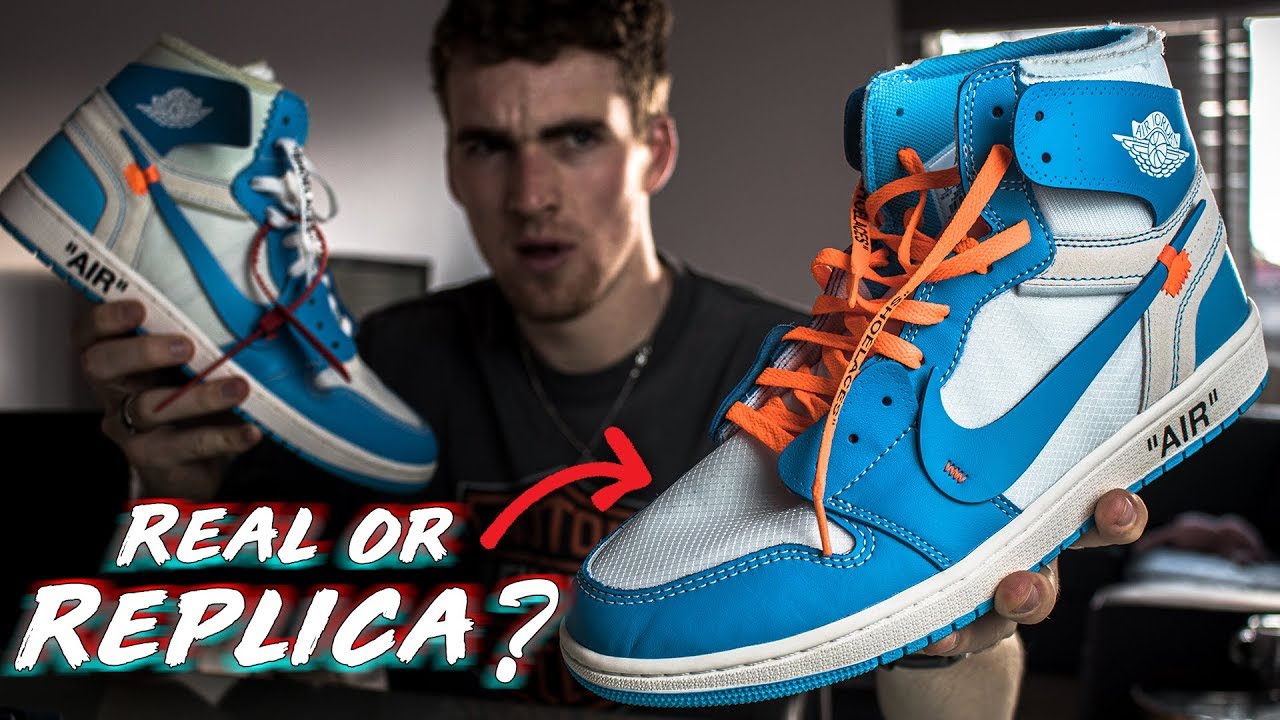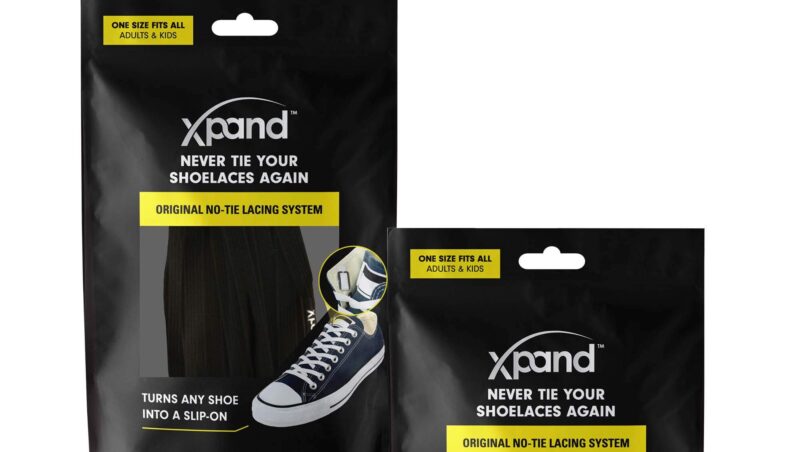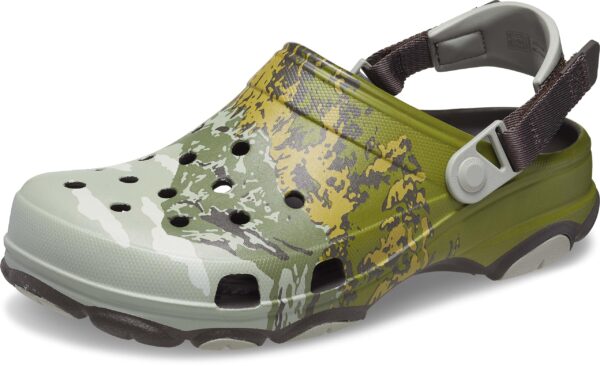Reps in shoes, also known as replicas, are becoming increasingly popular among sneaker enthusiasts. These shoes are designed to mimic the appearance and style of popular or limited-edition footwear, but are sold at a much lower price point. While some replicas can be high-quality copies that are almost indistinguishable from the originals, others may have noticeable differences and lower-quality materials.
Although replicas have been around for decades, they have gained more attention in recent years due to the rise of sneaker culture and the demand for limited-edition releases. While some people view replicas as a way to obtain the look of a high-end shoe without breaking the bank, others argue that buying replicas is unethical and takes away from the original designers and brands.
Whether you’re a seasoned sneakerhead or a casual shoe enthusiast, it’s important to understand what reps in shoes are and the controversy surrounding them. This article will explore the world of shoe replicas, including their origins, the different types available, and the arguments for and against buying them.
What are Reps in Shoes?
Reps in shoes are a popular option for those looking for a cheaper alternative to designer shoes. Essentially, reps are shoes that are made from a copy or imitation of an existing style or brand. They are designed to look like the original, but are usually made with lower-quality materials and sold at a lower price point.
Definition of Reps
According to Wearbuddies, reps in shoes are “footwear that is designed to look like a more expensive, brand-name shoe, but is made with lower-quality materials and sold at a lower price point.” Essentially, they are knock-offs or replicas of designer shoes.
Why Reps Exist
Reps in shoes exist because they offer a more affordable option for people who want to wear designer-style shoes without paying the high price tag. They are often made in factories that produce the original shoes, using the same materials and designs, but with lower-quality materials.
Additionally, reps in shoes have become popular in the sneaker community as a way to collect rare or limited-edition sneakers that are sold out or too expensive to purchase from the original brand. Some people even collect reps as a hobby, trying to find the most accurate replicas of their favorite shoes.
How to Identify Reps
Identifying reps in shoes can be difficult, as they are designed to look like the original. However, there are some things to look for that can help you determine if a shoe is a rep:
- The price: If the price seems too good to be true, it probably is. Reps are often sold at a much lower price point than the original.
- The materials: Reps are often made with lower-quality materials than the original, which can be seen in the stitching, the feel of the fabric, and the overall quality of the shoe.
- The branding: Reps may have subtle differences in the branding or logo, such as a different font or slightly different placement.
It’s important to note that wearing or selling reps in shoes is illegal in some countries, as it is considered copyright infringement. It’s always best to purchase shoes from a reputable source and avoid reps to ensure you are getting a quality product.
How to Avoid Reps
Buying from Authorized Retailers
One of the best ways to avoid buying reps is to purchase shoes from authorized retailers. These retailers have direct relationships with the manufacturers and are authorized to sell their products. By buying from authorized retailers, you can be confident that you are getting a genuine product.
When shopping online, make sure to check the retailer’s website for information about their authorized status. Look for official logos or seals of approval from the manufacturer. If you are unsure, you can always contact the manufacturer directly to ask about authorized retailers in your area.
Checking the Shoe’s Authenticity
Another way to avoid reps is to check the authenticity of the shoes before purchasing them. Look for signs of quality, such as the stitching, materials, and overall construction. If the shoes appear to be poorly made or low quality, they may be reps.
Also, look for any misspellings or other errors on the shoe, as these can be a sign of a fake product. Check the tags and labels on the shoes for any discrepancies or inaccuracies. You can also ask the seller for proof of authenticity, such as a receipt or tag from the original store.
Avoiding Suspiciously Low Prices
Be wary of prices that seem too good to be true, as they often are. If a seller is offering shoes at suspiciously low prices, they may be reps. Do your research and compare prices from multiple retailers to get a better sense of the market value for the shoes you want.
Also, be cautious when buying shoes from third-party websites or sellers, as they may not be authorized to sell the products. Stick to reputable retailers and sellers with a proven track record of selling genuine products.
The Risks of Buying Reps
While buying replica shoes may seem like a good way to save money, there are several risks associated with this practice. This section will explore some of the most significant risks of buying reps, including quality and durability issues, potential legal consequences, and supporting counterfeit markets.
Quality and Durability Issues
One of the most significant risks of buying replica shoes is that they often have quality and durability issues. Reps are usually made with cheaper materials and construction methods than authentic shoes, which means they are more likely to fall apart or wear out quickly. This can be frustrating for buyers who were hoping to save money by purchasing a replica instead of the real thing.
In addition to quality and durability issues, replica shoes may also have other problems. For example, they may have a chemical smell due to the use of cheap materials that contain harmful chemicals. While this is not always the case, it is a risk that buyers should be aware of.
Potential Legal Consequences
Another significant risk of buying replica shoes is that it can lead to legal consequences. In fact, the US government has made it clear that the buying of counterfeit goods is prohibited. Bringing replica shoes into the country could lead to civil or criminal sanctions, and buying fake goods frequently funds illegal activities like forced labor or human trafficking.
Even if buyers are not caught by law enforcement, there may be other legal or health and safety concerns associated with wearing counterfeit products. For example, replica shoes may not meet safety standards and could pose a risk to the wearer’s health.
Supporting Counterfeit Markets
Finally, buying replica shoes can support counterfeit markets. When consumers purchase replica shoes, they are supporting an industry that often engages in illegal and unethical practices. This can include exploiting workers, engaging in human trafficking, and funding other criminal activities.
By buying replica shoes, consumers are essentially saying that they are okay with these practices. This can have far-reaching consequences, both for the individuals involved and for society as a whole.
FAQ: What Are Reps in Shoes?
What does reps mean in shoes?
Reps is short for replicas, referring to imitation sneakers designed to look like high-end or limited-edition shoes.
Are reps the same as fake shoes?
Yes, reps are a type of fake shoe, but high-quality reps can closely resemble authentic sneakers in appearance and materials.
Why do people buy reps?
Many people buy reps to get the look of expensive shoes without paying the high price of authentic designer or limited-edition sneakers.
Is it illegal to buy or sell reps?
Buying reps for personal use is typically not illegal, but selling them as authentic shoes or in large quantities can break counterfeit laws.
How can you tell the difference between reps and real shoes?
Differences can include stitching quality, materials, logos, and packaging — though some high-quality reps are hard to spot without expert knowledge.
Are reps worth it?
It depends on your priorities. If you care more about style than authenticity, reps can be a budget-friendly option — but they won’t have the same value or craftsmanship as the real deal.




